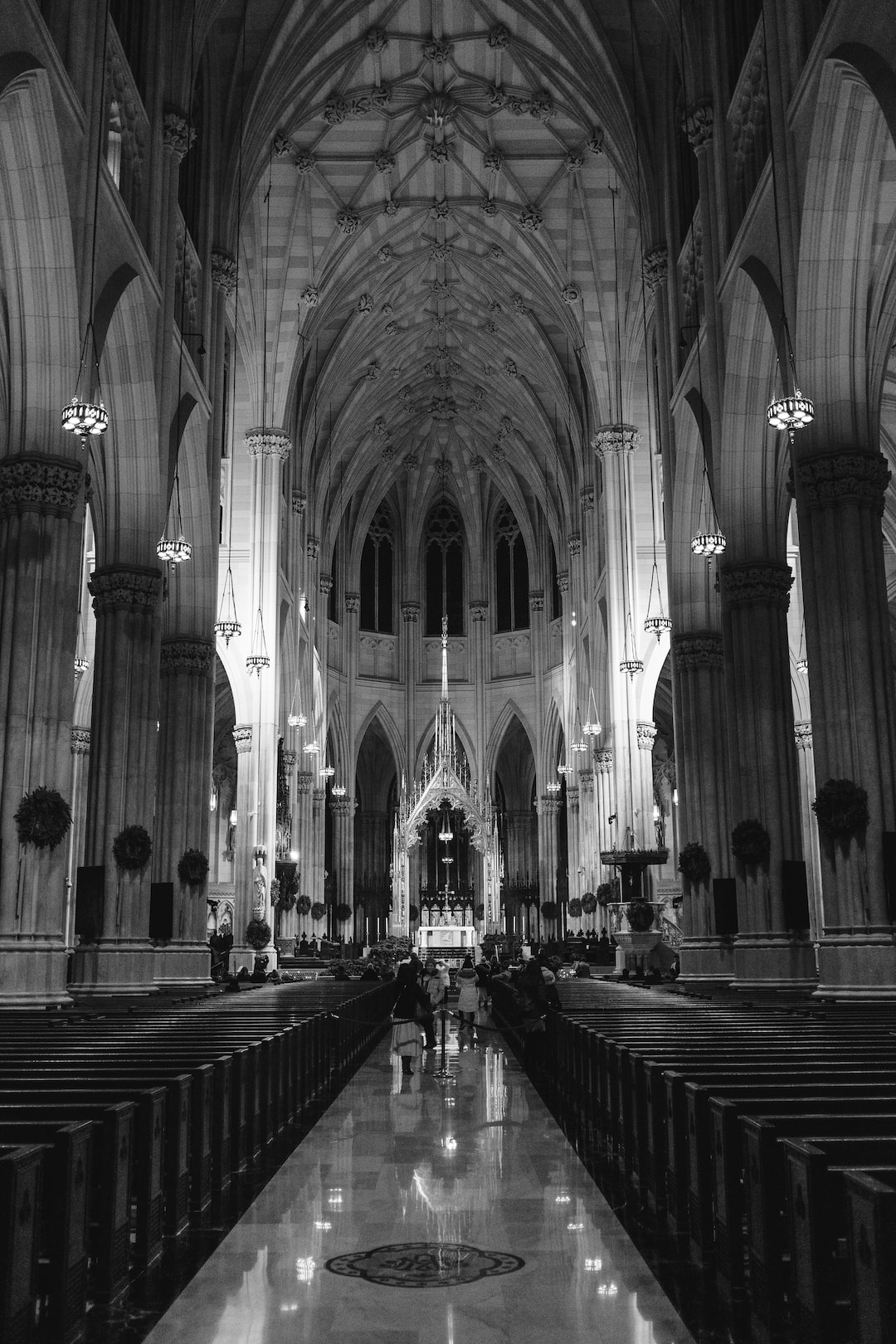Religious Traditions and Their Approach to End-of-Life Care
The end-of-life is an inevitable reality that every living being must face. It raises important questions not only about the physiological aspects but also the spiritual and emotional dimensions of our existence. Throughout history, religious traditions have played a central role in guiding individuals and communities in navigating this profound stage of life. In this blog post, we will explore how various religious traditions approach end-of-life care, highlighting the unique perspectives they offer.
Christianity, one of the most prominent and widely practiced religions in the world, emphasizes the concept of grace and the importance of valuing and respecting life. Christians believe that life is a gift from God, and therefore, it is their duty to care for it until its natural end. Hospice care, a holistic approach that focuses on providing comfort, support, and pain management, aligns well with the Christian belief system. It emphasizes the value of human dignity and aims to enhance the quality of life rather than prolong it through aggressive medical interventions. Christianity also offers solace through the belief in an afterlife and the promise of eternal salvation, which provides comfort to both the dying individual and their loved ones.
Islam, a religion that places great emphasis on submission to the will of Allah, also offers unique perspectives on end-of-life care. Muslims believe that life is a test, and death is a transition to the hereafter. They see illness and suffering as opportunities for spiritual growth and purification. In Islamic teachings, it is encouraged to care for those who are ill, frail, or dying by providing them with physical, emotional, and spiritual support. Hospice care aligns well with these principles, as it focuses on maintaining comfort and dignity while acknowledging the divine will. Islamic tradition recommends a swift burial after death, usually within 24 hours, which highlights the importance of respect and a prompt closure for the family of the deceased.
Buddhism, a philosophy and religion that encapsulates various traditions, including Theravada, Mahayana, and Vajrayana, offers a unique approach to end-of-life care. Buddhists believe in the cycle of birth, death, and rebirth, and view death as a natural part of this cycle. Central to Buddhist teachings is the concept of impermanence, which suggests that clinging to life and resisting death leads to suffering. In this context, end-of-life care emphasizes compassionate presence and acceptance of the dying process. Buddhist traditions often involve meditation, chanting, and rituals that help individuals let go and find peace during their final moments. Buddhist hospices may focus on creating a serene environment, offering pain management, and supporting emotional and spiritual needs.
Hinduism, a religion deeply rooted in the Indian subcontinent, offers a multifaceted approach to end-of-life care. Hindus believe in the concept of “samsara,” the cycle of birth, death, and rebirth. The dying process is seen as a crucial period where one’s actions and thoughts greatly influence their future reincarnation. Terminal illness is viewed as an opportunity for spiritual reflection and preparation for the next life. Hindus may seek comfort in rituals and prayers, and the presence of family members is highly valued during this time. Hospice care influenced by Hindu traditions often incorporates holistic approaches such as Ayurveda and yoga, as well as rituals to purify the soul and ease the transition into the next life.
Judaism, an ancient Abrahamic religion, offers a unique approach to end-of-life care grounded in its rich ethical and legal traditions. Judaism places a strong emphasis on the sanctity of life and the importance of preserving it. However, Jewish teachings also show a deep respect for the end-of-life process and the need for compassionate care. The concept of “pikuach nefesh” allows for the suspension of certain religious laws in order to save a life or provide comfort to the dying. Jewish end-of-life care often involves the presence of loved ones, prayers, and rituals, with a focus on maintaining comfort and dignity. Hospice care aligned with Jewish values aims to respect religious obligations while offering the necessary support and care.
In conclusion, religious traditions contribute diverse perspectives on end-of-life care, with an emphasis on compassion, dignity, and spiritual solace. While each tradition has its unique approach, they all highlight the importance of valuing life, providing comfort, and supporting individuals during their final journey. By understanding and respecting these religious perspectives, we can ensure that end-of-life care remains holistic, sensitive, and inclusive, honoring the beliefs and practices of diverse communities.

